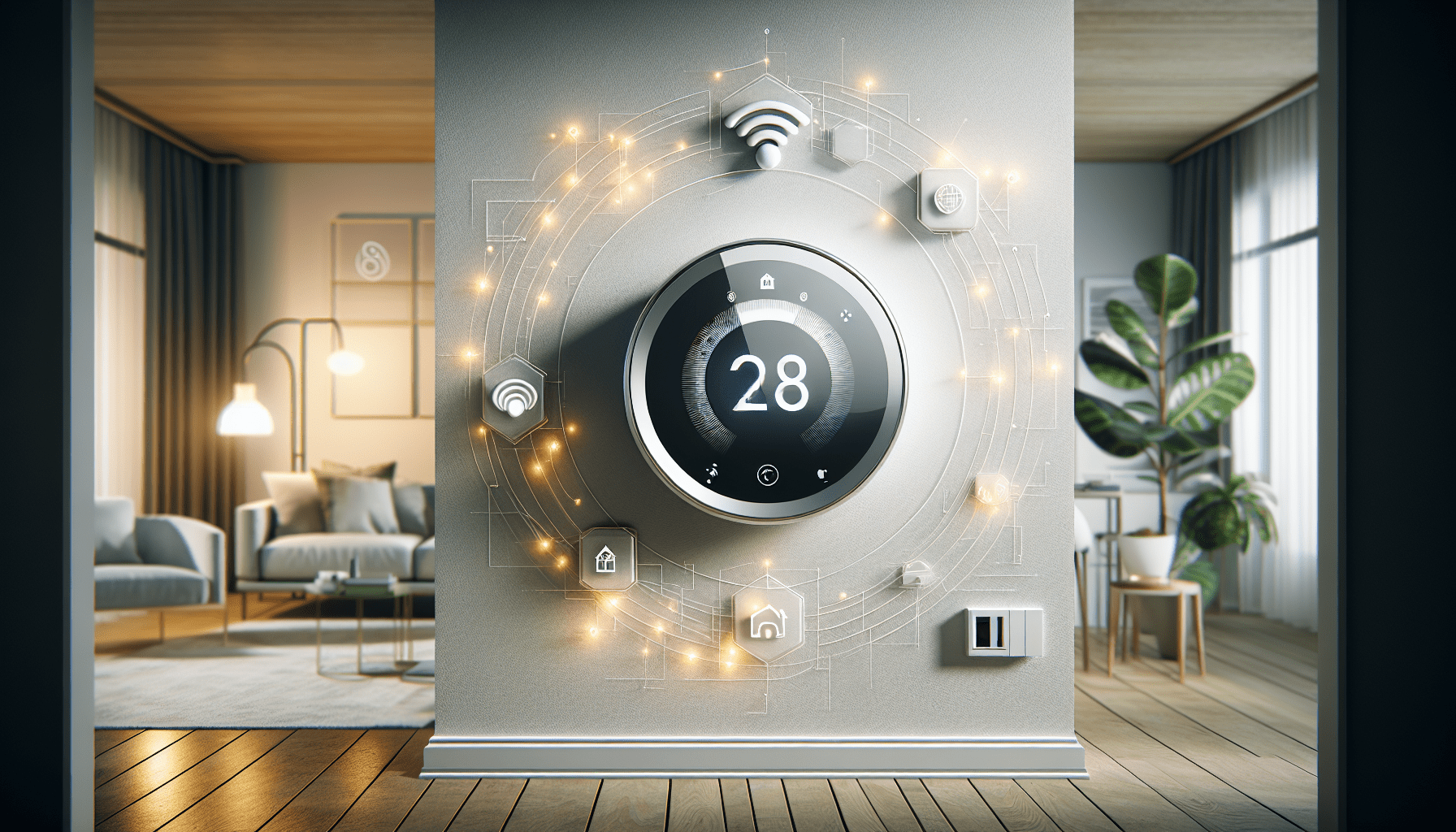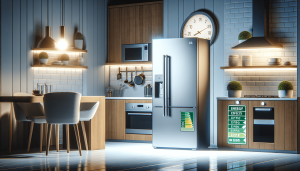Let’s face it, reducing our energy consumption is more important than ever, not just for our wallets but also for the planet. In this article, “How Can I Reduce My Energy Consumption With Smart Technology?” we will dive into the numerous ways that embracing smart tech can lead us to remarkable savings and sustainable living. From intelligent thermostats that learn our preferences to energy-efficient smart plugs, we’re about to uncover the innovative tools and tips that can help us cut down on energy use and live smarter every day.
By incorporating these smart technologies, we can seamlessly manage our home energy consumption, optimize our efficiency, and contribute to a greener future. How can we reduce our energy consumption with smart technology? This is a question many of us are asking as we become more aware of our environmental footprint and the rising costs associated with traditional energy usage. Smart technology not only provides us with the tools to manage and understand our energy consumption better but also helps us make meaningful changes to save both resources and money. Let’s dive into the ways we can reduce our energy consumption using smart technology.
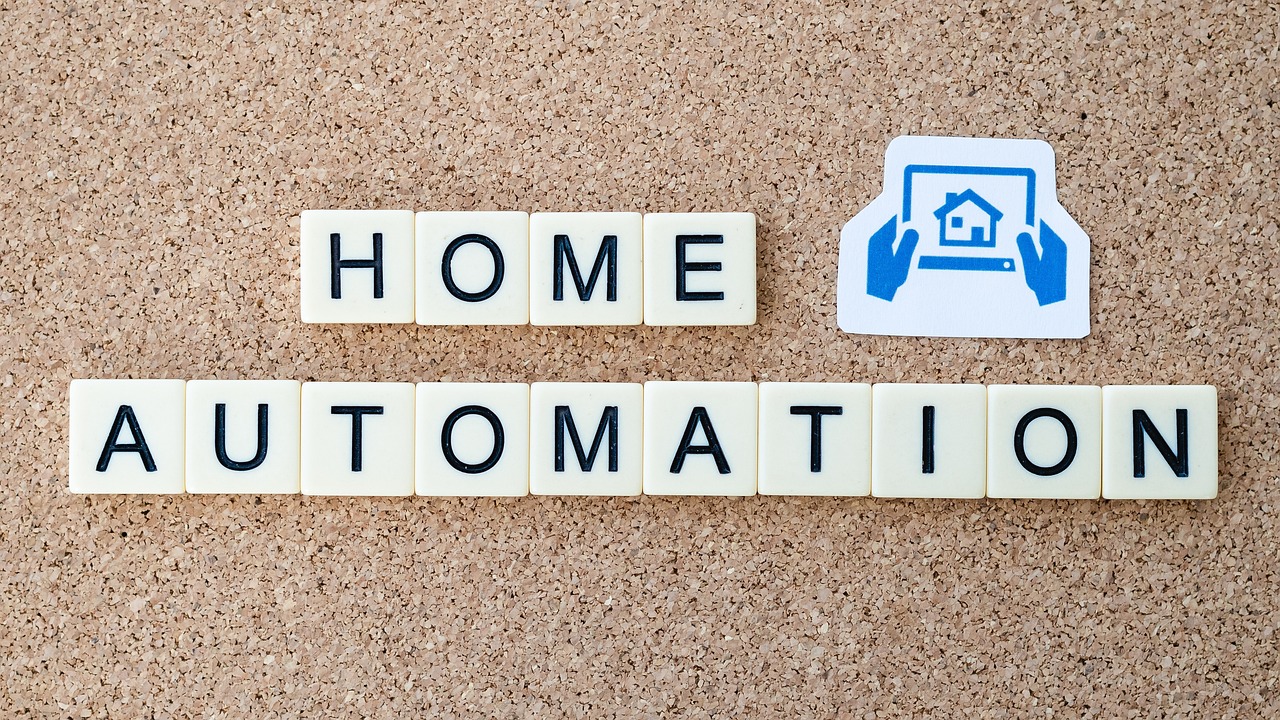
Understanding Smart Technology
Smart technology refers to devices that utilize internet connectivity to facilitate automated and efficient operations. By integrating these devices into our daily lives, we can get real-time data, enabling us to make informed decisions.
What Makes Technology “Smart”?
Smart devices are typically equipped with sensors, software, and connectivity capabilities that allow them to collect and analyze data and communicate with other devices. This interconnected system can adjust settings automatically based on our preferences and usage patterns, leading to optimized performance and energy efficiency.
Why Should We Use Smart Technology?
By using smart technology, we can achieve:
- Lower energy bills
- A reduced environmental impact
- Greater comfort and convenience
- Enhanced control over our home environment
Smart Homes: The Foundation of Energy Efficiency
Smart homes utilize integrated technology to automate and control household systems such as lighting, heating, cooling, and appliances. This creates opportunities for significant energy savings.
Smart Thermostats
Smart thermostats are perhaps the most well-known energy-saving devices. They learn our schedules and behaviors to optimize heating and cooling, ensuring that we’re comfortable when we’re home and saving energy when we’re not.
Benefits of Smart Thermostats include:
| Feature | Benefit |
|---|---|
| Learning Capabilities | Adapts to our schedule and preferences |
| Remote Control | Adjust settings via smartphone from anywhere |
| Energy Reporting | Provides insights into energy usage and savings |
| Geofencing | Adjusts temperature based on our location |
| Integration | Works with other smart home systems |
Smart Lighting
Smart lighting systems use LED bulbs and can be managed through mobile apps or voice commands. They offer features such as dimming, scheduling, and automation, contributing to considerable energy savings.
Benefits of Smart Lighting include:
| Feature | Benefit |
|---|---|
| Scheduling | Lights turn off automatically when not needed |
| Occupancy Sensing | Lights activate based on room occupancy |
| Dimming | Adjusts brightness to save energy |
| Remote Control | Manage lights from anywhere via smartphone |
| Integration | Works with other smart home systems |
Smart Plugs and Power Strips
Smart plugs and power strips enable us to control our appliances remotely and monitor their energy usage. This prevents energy wastage from devices that consume power even when turned off, known as phantom loads.
Benefits of Smart Plugs and Power Strips include:
| Feature | Benefit |
|---|---|
| Remote Control | Turn devices on/off via smartphone |
| Scheduling | Automatically turn off devices when not in use |
| Energy Monitoring | Track energy usage |
| Voice Control | Compatible with voice assistants |
Smart Appliances
Smart appliances, such as refrigerators, washers, and dryers, operate more efficiently than traditional appliances. They can be programmed to run during off-peak hours, reducing energy costs and strain on the grid.
Benefits of Smart Appliances include:
| Feature | Benefit |
|---|---|
| Efficiency | Uses energy more efficiently than standard models |
| Automation | Runs during off-peak hours |
| Remote Control | Manage and monitor via smartphone |
| Alerts and Diagnostics | Notifies us of issues or maintenance needs |
Smart Technology in Utility Management
Beyond the home, smart technology can help manage utilities more efficiently, providing benefits for both consumers and providers.
Smart Meters
Smart meters give us real-time information about our energy consumption, allowing for more precise billing and the identification of energy-intensive periods.
Benefits of Smart Meters include:
| Feature | Benefit |
|---|---|
| Real-Time Data | Immediate insights into energy usage |
| Accurate Billing | More precise and fair billing |
| Consumption Patterns | Identifies peak usage times |
| Alerts | Notifies us about unusual consumption |
Demand Response Programs
Smart technology can support demand response programs, where utility providers incentivize reduced energy use during peak times, helping balance the energy grid and prevent blackouts.
Benefits of Demand Response Programs include:
| Feature | Benefit |
|---|---|
| Energy Savings | Reduced rates during off-peak times |
| Grid Stability | Supports energy grid balance |
| Incentives | Potential financial incentives for participation |
| Automated Participation | Devices can automatically adjust consumption |
Case Studies and Real-World Examples
Adopting smart technology has led to substantial energy savings and cost reductions in various scenarios.
Homeowners
John and Sarah, living in a suburban home, installed a smart thermostat and smart lighting system. Within months, they noticed a 20% reduction in their energy bill as their thermostat optimized heating and cooling, and their lights automatically turned off when no one was present.
Businesses
A mid-sized office building integrated smart meters, lighting controls, and automated HVAC systems. The result was a 30% decrease in energy consumption, leading to significant cost savings and a reduced carbon footprint.
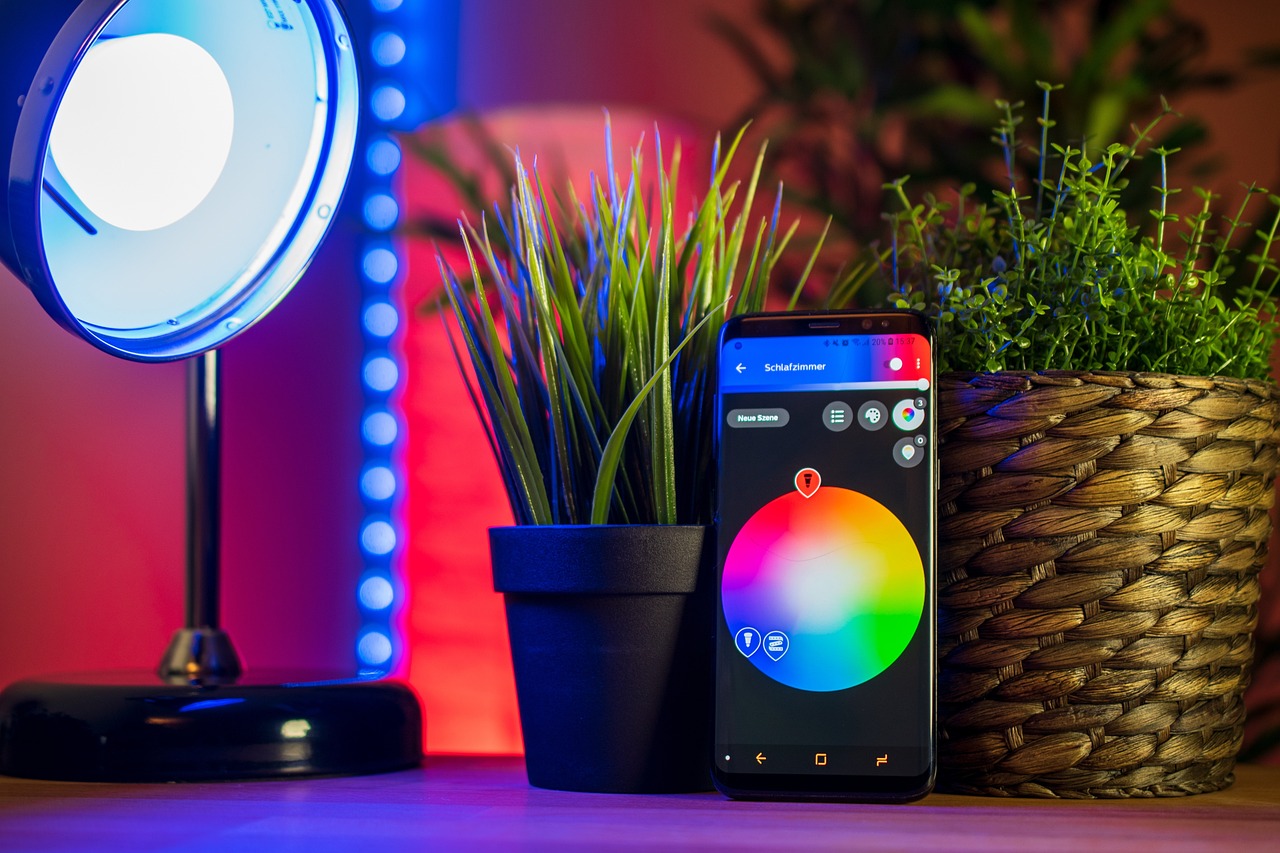
Getting Started with Smart Technology
Transitioning to a smarter home or business can seem daunting, but it’s easier than we might think.
Assessing Our Needs
Before investing in smart technology, it’s crucial to understand our specific needs. Conduct an energy audit to identify areas of high consumption and opportunities for savings.
Choosing the Right Technology
Select devices that align with our goals and existing infrastructure. Start with high-impact areas such as heating, cooling, and lighting, then expand to include other appliances and systems.
Installation and Integration
Professional installation might be necessary for more complex systems, but many smart devices are designed for easy DIY setup. Make sure that all devices are compatible and can integrate seamlessly with each other.
Monitoring and Adjusting
Once installed, continuously monitor our energy usage and adjust settings to optimize performance. Utilize the data provided by smart devices to make informed decisions and achieve further savings.
Overcoming Common Challenges
While smart technology offers numerous benefits, implementing it can come with challenges.
Initial Cost
The upfront cost of smart devices can be high, but they can pay for themselves over time through energy savings and lower utility bills. Look for rebates and incentives offered by local utilities and government programs.
Privacy Concerns
Smart devices collect data about our habits and behaviors. Ensure that we use devices from reputable manufacturers that prioritize security and privacy.
Integration Issues
Not all smart devices are compatible with each other. To avoid complications, choose products that adhere to common standards and protocols, or consider investing in an integrated smart home ecosystem.
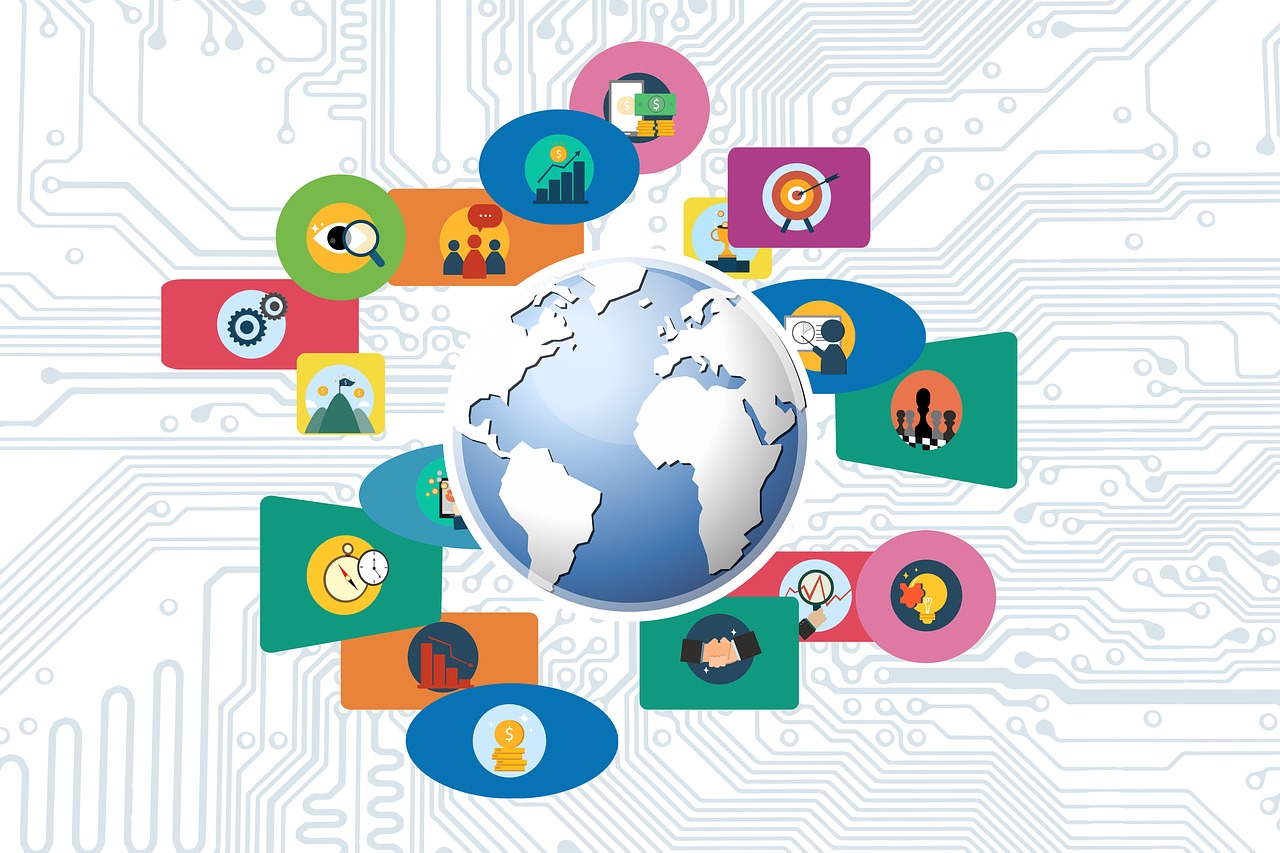
The Future of Smart Technology in Energy Management
As technology advances, the integration and capability of smart devices in managing energy consumption will continue to improve.
Advanced AI and Machine Learning
Future smart devices will leverage advanced AI and machine learning to offer even more precise energy-saving recommendations and automate more aspects of our energy management.
Renewable Energy Integration
Smart technology will play a key role in integrating renewable energy sources such as solar panels and wind turbines, helping us reduce reliance on non-renewable sources and achieve greater sustainability.
Enhanced Connectivity
With the rollout of 5G, the connectivity and responsiveness of smart devices will enhance, offering more real-time control and data for better energy management.
Grid Interactivity
Smart grids will facilitate two-way communication between utilities and consumers, allowing for real-time energy management and reducing the risk of outages and grid failures.
Conclusion
Reducing our energy consumption with smart technology is not only feasible but also highly beneficial. By adopting smart thermostats, lighting, plugs, appliances, and engaging in demand response programs, we can lower our energy bills, reduce our environmental impact, and enjoy greater convenience and control. As technology evolves, the possibilities for further energy efficiency will expand, making smart technology an essential part of our journey toward a more sustainable future.
By taking small steps today and investing in smart technology, we can make a big difference in our world. Let’s embrace these innovations and look forward to a brighter, more energy-efficient tomorrow.

